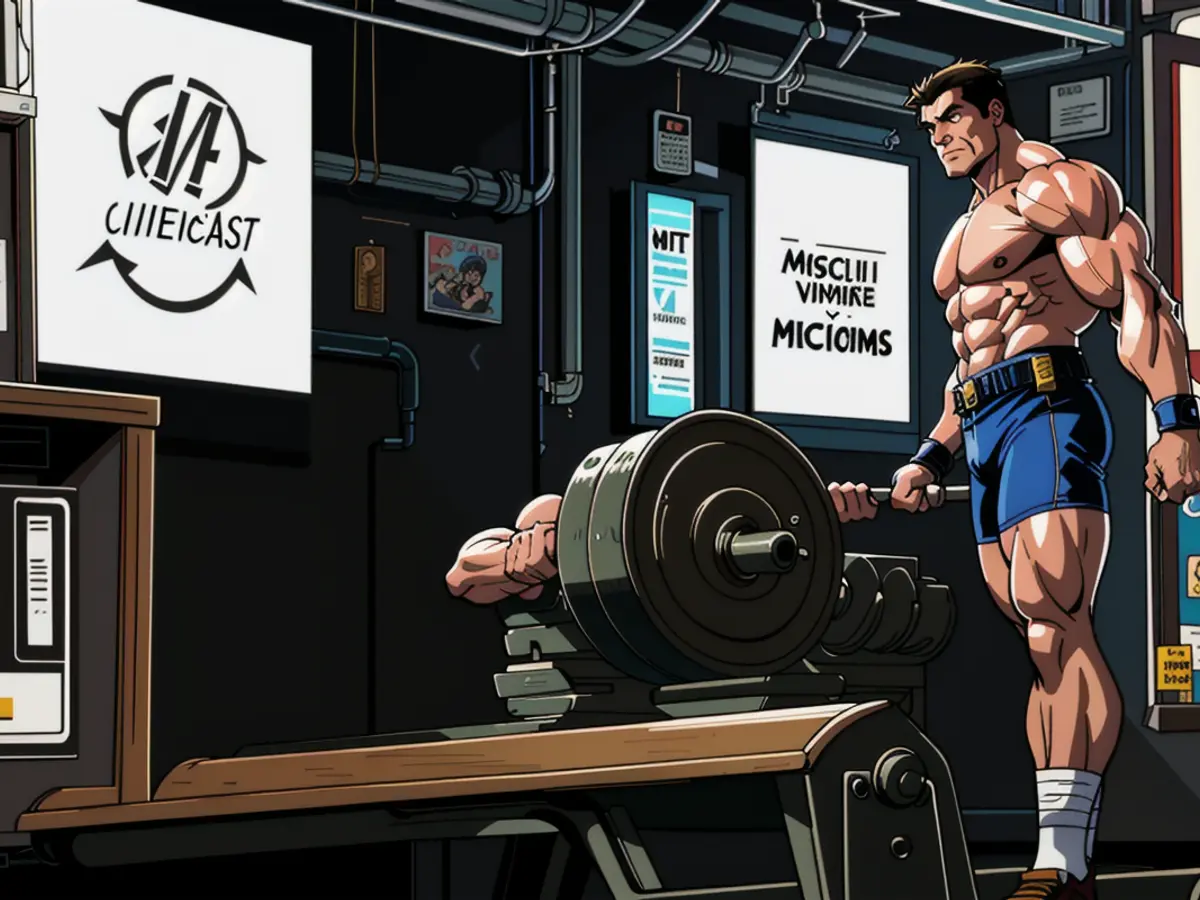Maintaining Pace with China's Rapid Advancement is Crucial
In an informal chat, Festo's CEO Thomas Bück discusses the company's plans to handle increasing competition from China. Celebrating its centennial this year, Festo has had a successful past century in the automation field. However, Bück sees China as a looming threat, citing their fast-paced industrial growth.
To stay ahead, Festo employs a two-speed strategy. The company continues to refine and perfect its existing products. But when the situation calls for it, like when a client needs a new automation solution within four to six weeks, Festo can pivot and deliver. This agility results from Festo dedicating a substantial portion of its revenue to research and development.
Bück speaks highly of Germany, expressing hope for minimal bureaucracy and a stable investment climate from the new government. He sees potential transformations in the labor market, with job seekers often content just to secure employment.
Some insights into Festo's potential strategies to maintain its competitive edge include focusing on technological innovation, global expansion, digital transformation, a customer-centric approach, and strategic collaborations. However, these are just general strategies commonly found in companies in the automation sector, and their specific application by Festo under Bück's leadership remains unclear.
Festo, with its emphasis on research and development, diligently invests a significant portion of its revenue to stay innovative, preparing for potential challenges from competitors like China. Despite China's rapid industrial growth, Festo continues to expand globally, seeking opportunities beyond its domestic market.






